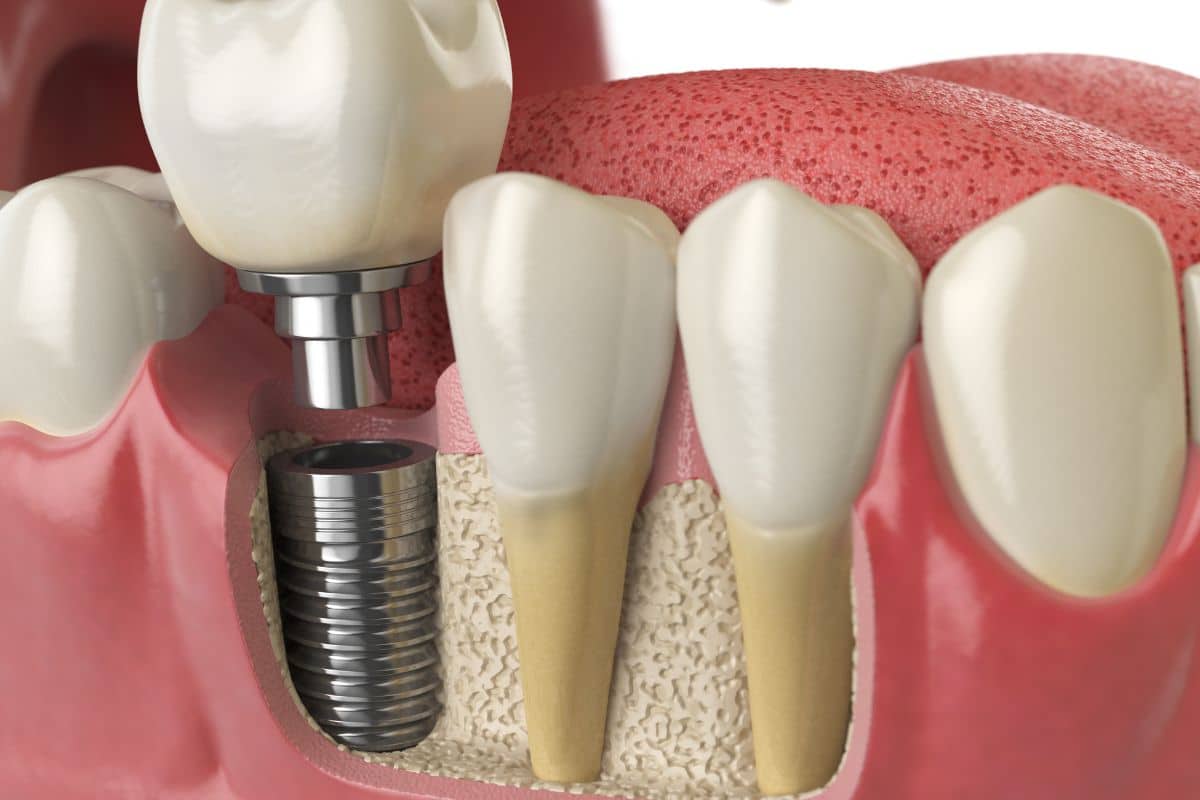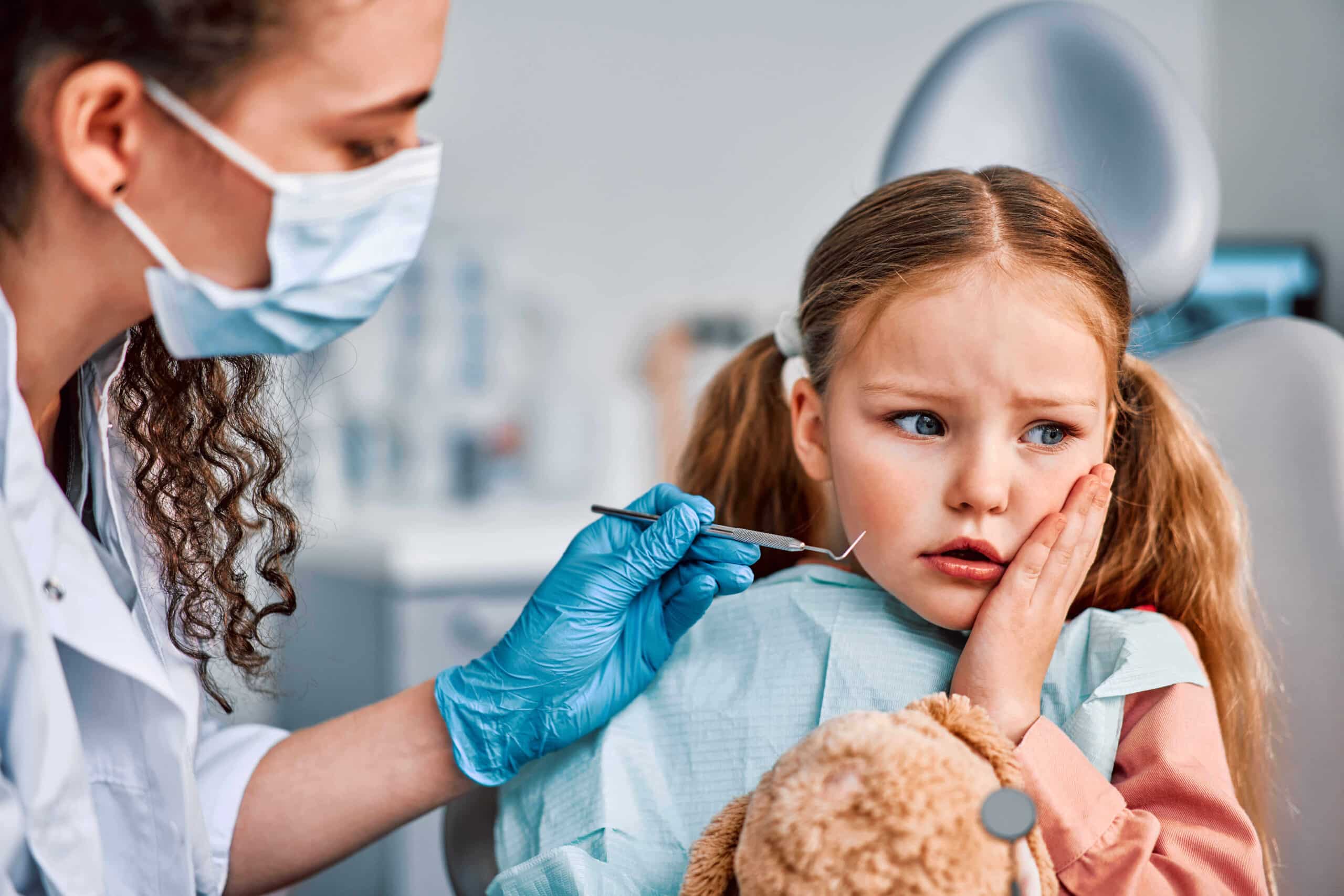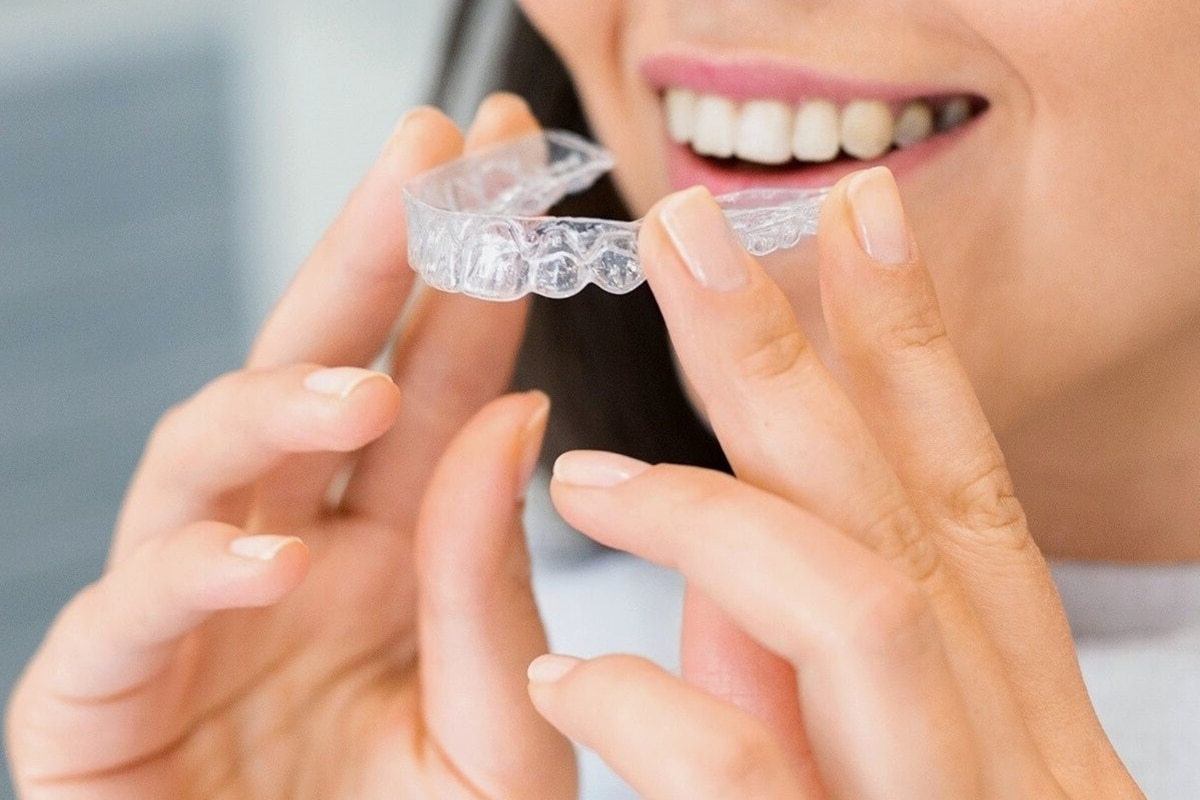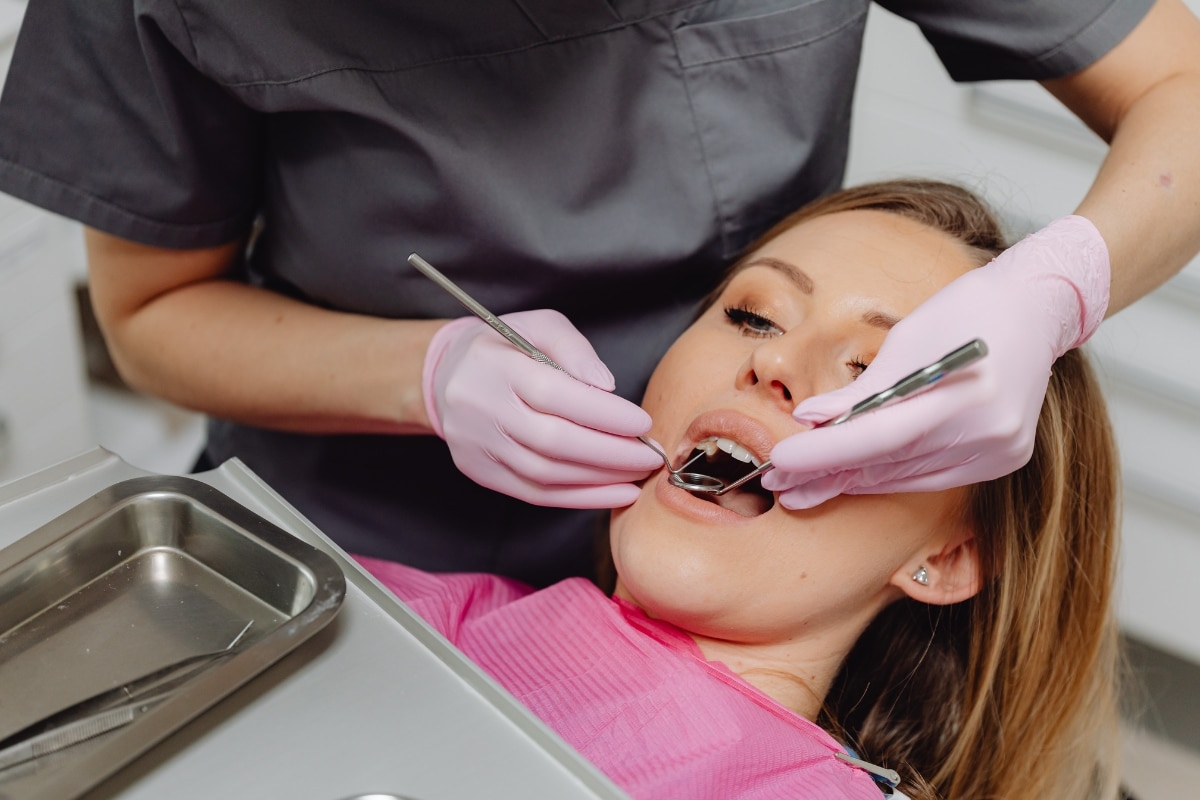Pay Online
Common Dental Emergencies and How to Handle Them

Are you prepared for a dental emergency? Accidents happen, and when they affect your teeth or mouth, it can be both painful and distressing. Whether it’s a sudden toothache that leaves you unable to concentrate or a knocked-out tooth from an unfortunate mishap, knowing how to handle common dental emergencies is crucial. In this blog post, we will discuss the most frequent dental emergencies and provide you with practical steps on what to do if you find yourself in one of these situations. So let’s dive right in and equip ourselves with the knowledge needed to tackle any dental emergency head-on!
What Are The Most Common Dental Emergencies?
When it comes to dental emergencies, there are a few common scenarios that people often face. One of the most prevalent issues is an intense toothache. This could be caused by various factors such as tooth decay, infection, or even a cracked tooth. The pain can be excruciating and may require immediate attention from a dentist.
Another common dental emergency is a knocked-out tooth. Whether it’s due to a sports injury or an accidental fall, losing a permanent tooth can be quite alarming. In such cases, time is of the essence as there is a better chance of saving the tooth if you act quickly. Handling it carefully by holding it by the crown (avoiding touching the root) and placing it back into its socket can increase the chances of successful reattachment.
Broken or chipped teeth are also frequent occurrences that warrant urgent dental care. These types of injuries can occur from biting down on hard foods or objects, trauma to the mouth area, or accidents during physical activities.
Additionally, soft tissue injuries like cuts to your gums, tongue, lips, or cheeks may require prompt attention to control bleeding and prevent further complications.
Lastly but equally important are dental abscesses which result from bacterial infections in your teeth or gums. Abscesses typically cause severe pain and swelling in the affected area and should not be ignored as they can lead to serious complications if left untreated.
Knowing about these common dental emergencies empowers you with awareness so that you’re ready for any unexpected situation that might arise regarding your oral health!
Steps To Take If You Experience A Dental Emergency
When it comes to dental emergencies, knowing the right steps to take can make all the difference in ensuring a positive outcome. Whether you’re dealing with a sudden toothache or a knocked-out tooth, here are some important steps to follow if you find yourself experiencing a dental emergency.
First and foremost, remain calm. It’s natural to feel panicked when faced with an unexpected dental issue, but staying calm will help you think more clearly and make better decisions. Take a deep breath and remind yourself that help is available.
The next step is to assess the situation. Is there severe pain? Is there bleeding? Are there any visible signs of damage or injury? Understanding the nature of your emergency will help determine what actions need to be taken next.
If you’re experiencing severe pain or bleeding, it’s important to contact an emergency dentist as soon as possible. They will be able to provide guidance over the phone and schedule an appointment for immediate treatment if necessary.
While waiting for professional assistance, there are some temporary measures you can take at home. For instance, rinsing your mouth with warm saltwater can help alleviate discomfort and reduce swelling. Additionally, applying a cold compress on the affected area may provide temporary relief from pain and inflammation.
It’s crucial not to attempt any DIY treatments or use sharp objects on your teeth or gums as this could cause further damage. Instead, rely on professional care from an experienced dentist who has specialized training in handling emergencies.
Remember that prevention is always better than cure when it comes to dental emergencies. Regular visits to your dentist for check-ups and cleanings can help identify potential issues before they escalate into emergencies. Maintaining good oral hygiene practices such as brushing twice daily and flossing regularly also plays a vital role in preventing problems down the road.
Experiencing a dental emergency can be stressful and overwhelming, but following these steps can help mitigate any further complications while ensuring you receive the appropriate care. By staying calm, assessing the situation, contacting an
How To Prepare For a Dental Emergency
No one wants to experience a dental emergency, but being prepared can make all the difference in how you handle it. Here are some steps you can take to be ready for any unexpected dental situation.
First and foremost, find an emergency dentist that you trust and have their contact information readily available. Having this information on hand will save precious time in case of an emergency.
Additionally, it’s important to have a basic dental first aid kit at home. This could include items such as gauze pads, temporary filling material, over-the-counter pain relievers recommended by your dentist, and saline solution for cleaning objects that may become dislodged from your teeth.
Educate yourself about common dental emergencies so you can recognize them if they occur. Knowing the signs and symptoms of issues like toothaches, cracked or knocked-out teeth, or infections will help you act quickly and appropriately.
Consider investing in dental insurance or having funds set aside specifically for potential emergencies. This way, financial concerns won’t add stress during already difficult situations.
By taking these proactive steps ahead of time, you’ll be better equipped to handle any unforeseen dental emergencies with confidence. Stay prepared and prioritize your oral health!
What To Do If You Have a Dental Emergency
What to do if you have a dental emergency? It’s important to stay calm and take quick action. Here are some steps you can take:
1. Assess the situation: Determine the severity of the dental emergency. Is it a broken tooth, severe pain, or excessive bleeding? Understanding the urgency will help you decide what actions to take next.
2. Contact your dentist: Reach out to your regular dentist as soon as possible, especially during their office hours. Provide them with all necessary details about your condition so they can advise you on the best course of action.
3. Follow first aid measures: While waiting for professional help, there are some first aid measures you can take depending on the situation. For example, if a tooth is knocked out, rinse it gently with water and try placing it back in its socket without touching the root.
4. Manage pain and swelling: Over-the-counter pain relievers like ibuprofen may temporarily alleviate discomfort until you receive professional treatment. Applying a cold compress to any swollen areas can also help reduce inflammation.
5. Visit an emergency dentist: If your regular dentist is unavailable or if the situation worsens outside of office hours, seek assistance from an emergency dentist promptly — one that specializes in handling urgent cases.
Source: American Dental Association (ADA)
Remember that every dental emergency is unique; this information serves only as general guidance for immediate actions before seeking professional care!
In times of dental emergencies, it is crucial to stay calm and take immediate action. Remember, the key is to act fast and seek professional help from an emergency dentist. By knowing the most common dental emergencies and how to handle them, you can be better prepared for any unexpected situation.
Whether it’s a severe toothache, a broken tooth, or a knocked-out tooth, following the steps outlined in this article will help alleviate pain and prevent further damage. Additionally, taking preventative measures such as wearing mouthguards during physical activities can greatly reduce the risk of dental emergencies.
Remember that every second counts when dealing with a dental emergency. Don’t hesitate to call your dentist or visit an emergency clinic right away. They have the knowledge, skills, and equipment needed to provide prompt treatment and ensure your oral health is restored.
By being proactive about your oral health and staying prepared for any potential emergencies, you can minimize discomfort and protect your smile in critical situations.
So remember: keep calm, take swift action by contacting an emergency dentist in Elgin if needed – because when it comes to dental emergencies,
Time is truly of the essence!
Recent Posts

Why Is It Critical to Replace a Missing Molar Even If It’s Not Visible When I Smile?

What Should I Do If My Child Knocks Out a Permanent Tooth in Elgin?

Can Invisalign Fix Overbite? How It Solves Complex Dental Issues in Elgin, IL

How Does Thumb-Sucking or Pacifier Use Affect Teeth?


